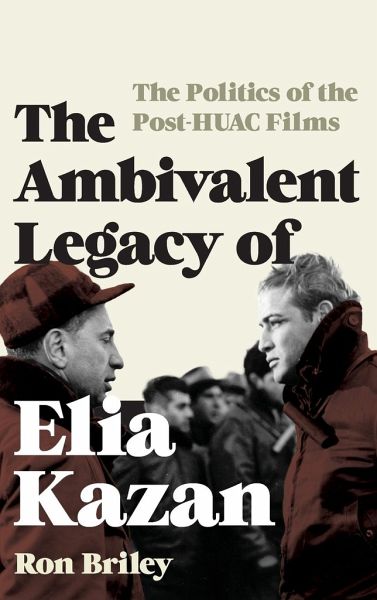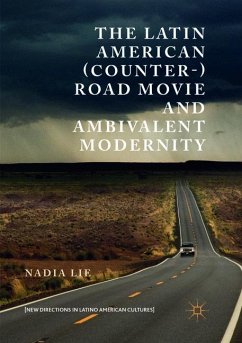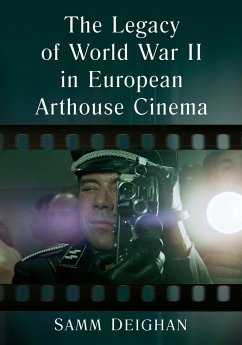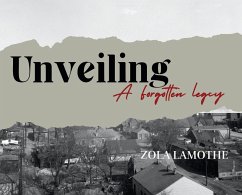
Ambivalent Legacy of Elia Kazan
The Politics of the Post-HUAC Films
Versandkostenfrei!
Versandfertig in 1-2 Wochen
56,99 €
inkl. MwSt.
Weitere Ausgaben:

PAYBACK Punkte
28 °P sammeln!
In 1952, Elia Kazan testified before the House Un-American Activities Committee (HUAC) investigating alleged communist infiltration of the entertainment industry. The cloud of this cooperation, which assured that the filmmaker would avoid the blacklist, plagued Kazan throughout the remainder of his life and career. This book presents a close analysis of Kazan’s cinema following his testimony, examining the political themes they conveyed, in order to gain a better understanding of the filmmaker’s consciousness. The films covered in this volume include Viva Zapata (1952), On the Waterfront (...
In 1952, Elia Kazan testified before the House Un-American Activities Committee (HUAC) investigating alleged communist infiltration of the entertainment industry. The cloud of this cooperation, which assured that the filmmaker would avoid the blacklist, plagued Kazan throughout the remainder of his life and career. This book presents a close analysis of Kazan’s cinema following his testimony, examining the political themes they conveyed, in order to gain a better understanding of the filmmaker’s consciousness. The films covered in this volume include Viva Zapata (1952), On the Waterfront (1954), East of Eden (1954), Baby Doll (1956), A Face in the Crowd (1957), Splendor in the Grass (1961), America, America (1963), and The Last Tycoon (1976).













